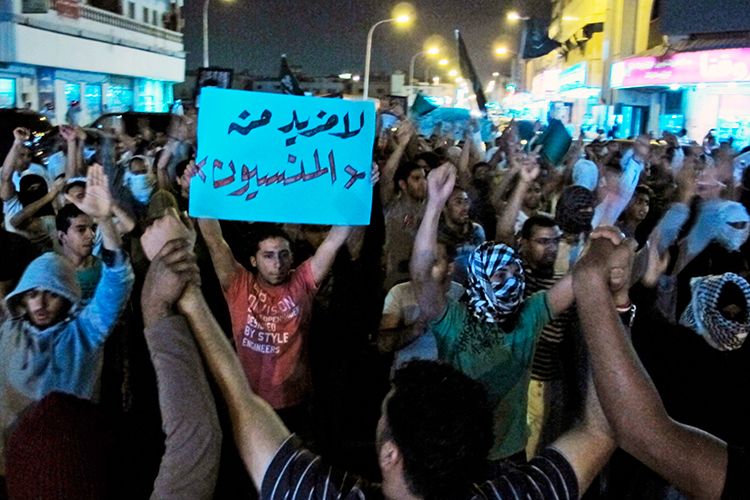The Specialized Court of Appeals in Riyadh in April 2017 upheld a Riyadh criminal court’s conviction of Saudi journalist Nadhir al-Majid on charges of “slandering the ruler” and sending electronic messages to TV channels and human rights organizations, according to Agence France-Presse and the Gulf Center for Human Rights. Al-Majid was initially convicted on January 18, 2017, and imprisoned the same day, according to Human Rights Watch and the Saudi-focused human rights organization Al-Qst.
The charges stemmed from an April 2, 2011, opinion piece al-Majid published in the Sydney, Australia-based, Arabic-language magazine Al-Mothaqaf. Headlined, “I protest, therefore I am,” the article supported the “right to protest” amid calls for a “Saudi Day of Anger” in the eastern Saudi city of al-Qatif, which is predominantly Shia Muslim, according to Human Rights Watch and Front Line Defenders. Al-Majid also contributed opinion pieces to Al-Sharq, Al-Hiwar al-Motamaden and Al-Faisal magazine.
Security forces on April 13, 2011, arrested al-Majid from the school where he taught in Al-Khobar, according to news reports, which also noted that officials from Saudi Arabia’s General Investigations Department raided his house and confiscated his laptop and other belongings.
Saudi officials then detained al-Majid for 15 months, five of which he spent in solitary confinement, according to the news reports and the Arab Network for Human Rights Information, a Cairo-based human rights organization. On July 26, 2012, a court ordered his release, pending trial, according to news reports.
On January 18, 2017, a Riyadh criminal court convicted him with “slandering the ruler and breaking allegiance with him,” and “sending a group of electronic messages to a number of media outlets and satellite TV channels and human rights organizations,” according to news reports. The court sentenced him to seven years in prison, a subsequent seven-year travel ban, and a fine of 100,000 Saudi riyals (US$26,662), according to news reports.
According to the GCHR statement, al-Majid chose to stand trial in the absence of his family or a lawyer “as he perceived the trial as…a formality” that did not follow international fair-trial standards.
Taha al-Hajji, a Saudi human rights lawyer exiled in Germany who has been helping al-Majid’s family with the case informally, told CPJ that al-Majid’s jailors told him in May that a judge had denied his appeal several weeks prior. He said al-Majid’s family inquired with the court as to when the appeal was denied and was told only that it was in the early part of the lunar, Islamic month of Rajab, which in 2017 fell in April.
EDITOR’S NOTE: The first paragraph has been modified to correct the date of al-Majid’s imprisonment.
